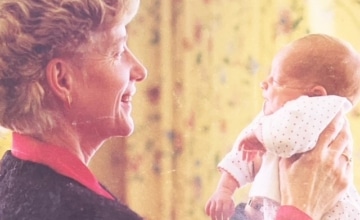Although some states have made progress in expanding screening rates in recent years, it is essential that improvements continue to be made so that all young children receive timely recommended developmental screening. It is equally important that children who are found through screening to have a developmental concern that could benefit from follow-up, monitoring, and/or intervention can receive the supports they need. Unfortunately, service capacity is often not sufficient to meet demand.
The Developmental Screening Follow-up Practices and Policies paper explores challenges of the early childhood service delivery system and offers recommendations for policy and system change, including examples of bright spots in specific states, to ensure children and families receive help when developmental concerns are present. Although a central focus is on the Part C early intervention system, other services are also discussed in recognition that Part C is part of a continuum of supports and services.
We know that states and communities cannot do this work alone, and that investment and support from the federal level is needed. A well coordinated comprehensive early childhood system ensures that babies, young children and their families receive the services and supports they need and want.
This paper was developed jointly by ZERO TO THREE and the National Institute for Children’s Health Quality (NICHQ) as part of our work on the Early Childhood Comprehensive Systems Collaborative Improvement and Innovation Network (ECCS CoIIN). The ECCS CoIIN supports 12 ECCS grantees and their respective communities in strengthening developmental screening and referral systems and practices.




